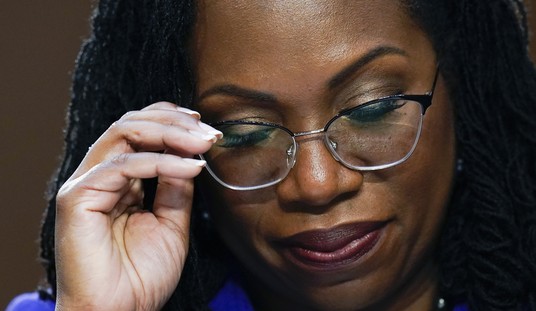The New York Times looks at a microcosm of the damage caused by the Bernard Madoff scandal: a Palm Beach country club many of whose members woke up to find their world turned upside down. It’s one thing to be poor and find yourself poor. It’s another to go to sleep rich and wake up to find everything gone.
One man, who entrusted his life’s savings of $11 million to Madoff said “‘I’m taking care of my sick mother-in-law. My wife has cancer. I just can’t deal with it,’ Mr. Spring said, only barely choking back tears. ‘I’m cooked.'” And he was not alone:
In a world where worrying publicly about money was verboten, a worker at the country club said he was surprised recently that some patrons were asking about the prices of certain things on the menu or for certain golf course services. … Mr. Leamer told of several friends who were aghast when a friend offered to take them out to dinner and he took them to a pizza parlor rather than the swanky spot they were used to going.
Some of those who escaped ruin may have owed their survival to crass skepticism. Despite Madoff’s long record of producing returns one country club member refused to participate because Madoff would not explain his methods. In a world that ran on trust, he impolitely insisted on evidence.
Madoff remained above suspicion in part because he knew how to exploit the allure of exclusivity. He did not seem anxious to take just anyone’s money. You almost had to ask him to take it. The New York Post explains “He had a closed fund, which is why people put more money into it, instead of diversifying … you couldn’t just come in off the street and plunk down $100,000.” Lawrence Leamer adds, “He didn’t take just anybody. He turned down all kinds of people, and that made you want to give the man even more of your money. When he took your fortune, he told you that he would tell you nothing about how he achieved his returns. He was a god. He had the Midas touch.”
The Soviet KGB knew knew how to exploit the informal lines of authority which vied — and often superseded — the formal reporting hierarchies within organizations. They knew what power boyhood friendships, social cameraderie and the Old School Tie exercised and ruthlessly used it. Trust opened many more doors than was commonly supposed. The notorious Philby spy ring could worm its way into the heart of British officialdom precisely because it was socially above suspicion. The abuse of networks of trust is remains one of the most effective ways of bringing down a system.
The Cambridge ring gained its notoriety not only from its exploits of espionage, but also because of it seemingly unlikely cast of characters—upper class, well-schooled, British citizens who fit well into the “old boys” network that dominated the British civil service. Their social credibility helped them gain access to the nation’s top secrets.
Treachery is often more embarassing to the betrayed than the betrayer. Some of those who lost money to Madoff would like to keep it secret and not simply out of embarassment. For many, betrayal will hurt more than the financial loss. EM Forster movingly — yet I think foolishly — argued that nothing mattered more than our regard for each other, not even the facts. And the sad fact is that for everyone with an open heart and open palm there is another waiting to snatch the coin.
My temple stands not upon Mount Moriah but in that Elysian Field where even the immoral are admitted. My motto is : “Lord, I disbelieve – help thou my unbelief.
I have, however, to live in an Age of Faith – the sort of epoch I used to hear praised when I was a boy. It is extremely unpleasant really. It is bloody in every sense of the word. And I have to keep my end up in it. Where do I start ? With personal relationships. Here is something comparatively solid in a world full of violence and cruelty. … reliability is not a matter of contract – that is the main difference between the world of personal relationships and the world of business relationships. It is a matter for the heart, which signs no documents. … I hate the idea of causes, and if I had to choose between betraying my country and betraying my friend I hope I should have the guts to betray my country.
And much as I admire EM Forster’s leap of faith it will be people like him who will be the first to be betrayed. It is the symbiotic relationship between betrayal and trust that explains why revolutionaries will always choose a Stalin to lead them; and why the generous hearts often find their way to the Ponzi of their time.
Trust networks appear in many settings; even in politics. It would interesting to study to map out how influence was parceled out in the Bush administration — and will be in the incoming Obama one — on the basis of where one belongs. The sad fact is that the more one is trusted, the greater the potential for betrayal. Who better to sell you out than those pledged to save you.










Join the conversation as a VIP Member